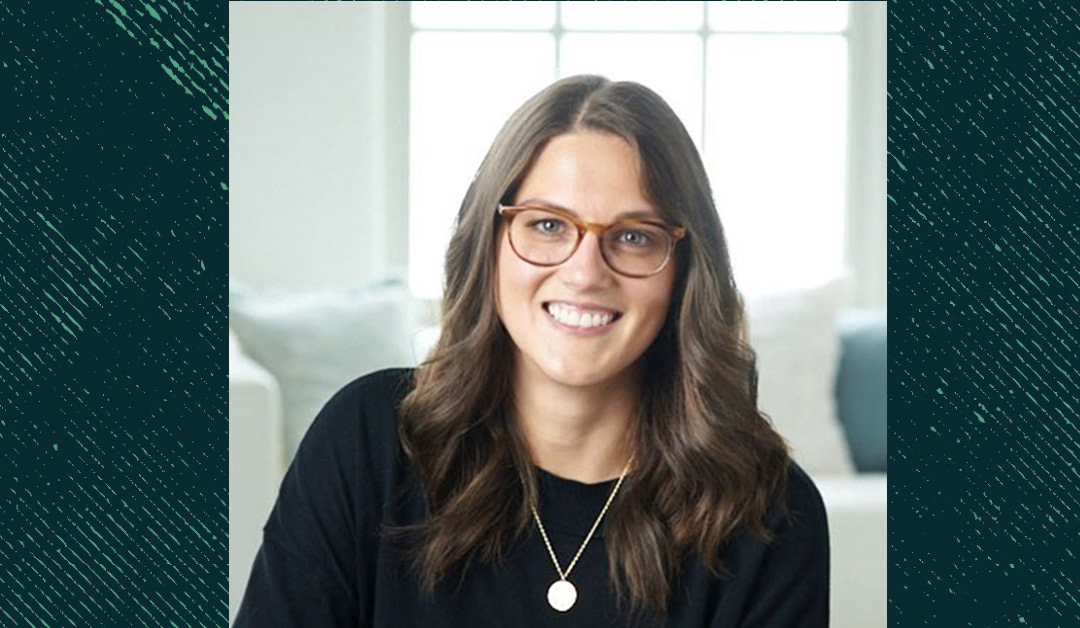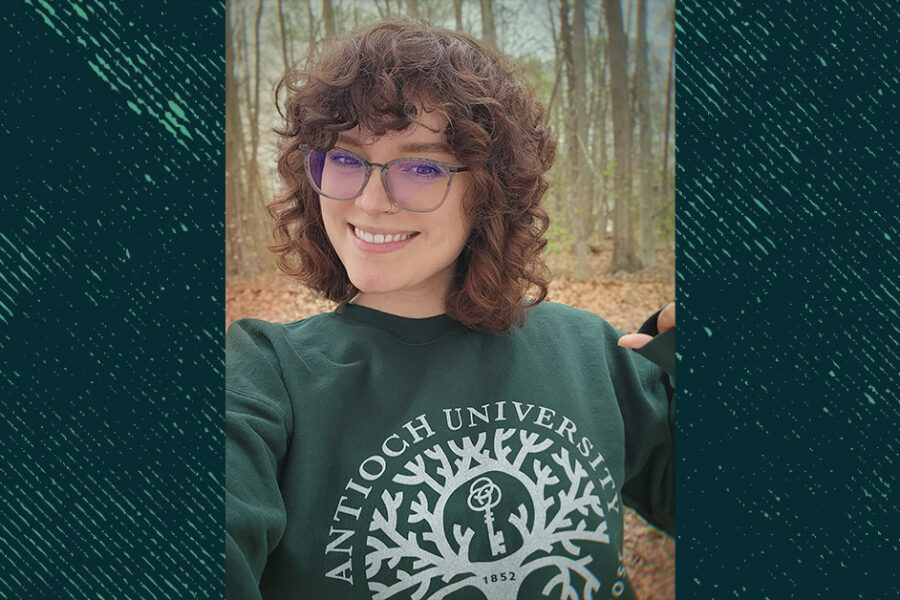Caitlin Senk, a 2024 graduate of Antioch’s PhD in Counselor Education & Supervision Program, has written and published her dissertation titled, “Why Does This Have to be So Hard?”: Perinatal Experiences from an Ecological Systems Approach.
Senk’s study examined the lived experience of the perinatal population to understand how they can be supported from the lens of different ecological systems and what counselors can do to better serve people with uteruses during their perinatal experience. An inclusive framework was used to explore barriers and facilitators to care through an ecological systems framework.
Fifteen participants were recruited from throughout the United States who have experienced infertility, conception, pregnancy, miscarriage, childbirth, stillbirth, and postpartum. Senk used thematic analysis, with semi-structured interviews and photovoice, to gather and analyze participant narratives through oral and visual means in two phases. Implications of this study indicate a need for collaborative, interdisciplinary communication among providers interacting with the perinatal population and perinatal mental health competency training.
Senk is a licensed professional counselor in Pittsburgh, Pennsylvania seeing a range of diverse patients, primarily individuals and couples. Her approach to therapy is an integrative one that focuses on person-centered, systems, and strengths-based perspectives. Senk is an adjunct faculty member in Antioch’s Clinical Mental Health Counseling program at the Seattle campus. She has over five years of experience working as a counselor and two years as a counselor educator. Senk has engaged in research and presentations focusing on perinatal mental health, resilience, and substance use. She recently published Resilience-Centered Counseling: A Practical Workbook to assist with reflective practice for counselors in training.
Read and download Senk’s dissertation, “Why Does This Have to be So Hard?”: Perinatal Experiences from an Ecological Systems Approach here.




